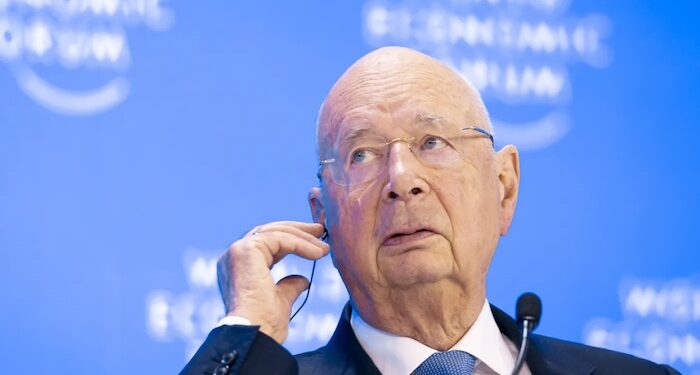By Enyichukwu Enemanna
An 87-year-old German economist who founded the World Economic Forum (WEF) has announced his resignation as Chair of its Board of Trustees, marking the end of an era for the institution he built into a powerful gathering of global business and political leaders.
Klaus Schwab, who has led the Geneva-based organisation since its inception in 1971, announced his resignation in a statement released by the WEF on Monday.
“Following my recent announcement, and as I enter my 88th year, I have decided to step down from the position of Chair and as a member of the Board of Trustees, with immediate effect,” Schwab said.
The WEF board accepted Schwab’s resignation during an extraordinary meeting held on 20 April.
Vice Chairman Peter Brabeck-Letmathe will serve as interim chairman while a committee begins the search for his substantive replacement.
Schwab founded the WEF with the aim of providing a collaborative platform for world leaders, top executives, and experts to discuss and address pressing global issues.
What started as a small gathering in the Swiss village of Davos later evolved into a high-profile annual summit that draws some of the most influential figures from across the globe.
Often described as a driving force behind globalisation, Schwab’s vision has not been without controversy. In recent years, the WEF has faced criticism for being elitist and disconnected from the realities of everyday people.
Despite these challenges, Schwab’s impact on the global stage is viewed as highly profound.
His exit signals a significant transition for the WEF as it prepares to navigate an increasingly complex world without the founder who has long defined its mission and identity.

































